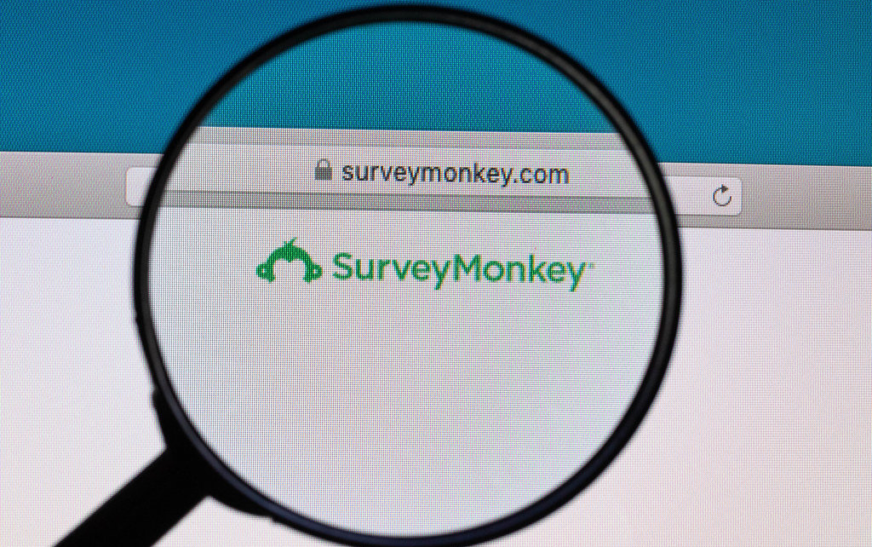Brands must address the knowledge gap in AI adoption to avoid failed initiatives and ensure successful implementation. With AI hype driving rapid adoption, understanding its potential and challenges is crucial for maximizing ROI and improving customer satisfaction.
Artificial Intelligence (AI) has rapidly become a focal point for enterprises, promising significant advancements and efficiencies. However, the rush to adopt AI technologies is often outpacing organizations’ understanding of their true potential and challenges. This disparity between hype and knowledge can lead to substantial issues for businesses, employees, and customers alike.
AI, a broad term encompassing various technologies like generative AI, predictive analytics, and robotic process automation (RPA), has gained immense attention. Generative AI, in particular, has been a hot topic, but other AI forms have long been in use. While AI offers real, near-immediate returns on investment, a gap exists between the enthusiasm for AI and a thorough understanding of its applications.
The constant evolution of technology means that while AI presents opportunities, it also introduces risks when not fully comprehended. This gap is evident in several ways:
- Premature Investments and Failed Initiatives: As organizations rush to integrate AI, many face high failure rates. A survey by Savanta revealed that 61% of businesses experienced failed AI implementations. Despite this, challenges in measuring business value and effective implementation persist. The Deloitte study highlights that 30% of executives find it difficult to quantify AI’s business benefits, with implementation challenges being the most significant hurdle.
- Misplaced Priorities: When the pace of AI adoption exceeds understanding, investments can be misdirected. Concerns about AI, such as its impact on jobs and ethical considerations, are valid but sometimes lead to misplaced priorities. For instance, 42% of respondents worry about job losses due to AI, while others fear bias and transparency issues. The Gartner 2024 CMO Spend Survey shows a decline in marketing budgets, with many hoping AI will compensate for budget cuts, despite not fully understanding its potential.
- Impact on Customers: The knowledge gap in AI adoption can negatively affect customer experiences. Forrester’s 2024 CX Index saw a decline in customer satisfaction, potentially linked to AI adoption issues. While customers expect AI to enhance interactions, a lack of understanding and failed AI projects can lead to disappointing outcomes.
Despite these challenges, AI has the potential to deliver substantial value. Research by McKinsey estimates AI could add up to $1 trillion in value annually, particularly in customer service. MIT and Stanford studies also indicate a 14% productivity boost and higher customer satisfaction when AI is implemented effectively.
To succeed in AI adoption, brands need to bridge the knowledge gap with better education and strategic thinking. Companies that balance hype with a clear understanding of AI’s benefits and limitations will be better positioned to enhance both internal operations and customer satisfaction.
For ongoing updates and insights into the latest technology trends and innovations, visit 365marktech.africa.
Stay informed and keep up with the latest in technology and business trends at 365marktech.africa.










